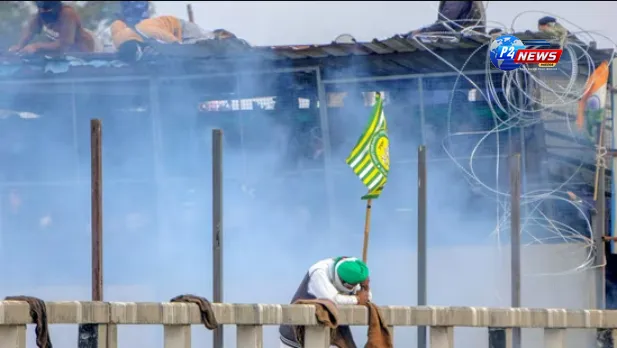Bashar al-Assad remains silent following a swift rebel offensive that took northern Aleppo by surprise. Insurgents have rapidly gained ground, capturing several cities as established frontlines disintegrate, signaling a pivotal shift in the conflict.
Recent reports from Russia's foreign ministry indicate that Bashar al-Assad has officially resigned from his role as president of Syria, following talks with various parties involved in the ongoing conflict. This abrupt resignation comes after nearly 14 years of a devastating civil war that resulted in the overthrow of Assad's government by rebel forces. Sources claim that he has since departed to an undisclosed location.
The Russian foreign ministry articulated that before making his exit, Assad engaged in discussions with key figures in the conflict. It was noted that he provided directives regarding a peaceful transition of power. Importantly, Moscow clarified that it did not take part in any of the negotiations that led to this significant political shift.
Reports emerged indicating that Assad had left Damascus just as rebels moved into the capital, with no observable military presence to counteract the advancing forces. The current whereabouts of Assad, alongside his family—including his wife Asma and their two children—remain shrouded in mystery.
As news of Assad's resignation spread, celebrations erupted across various regions in Syria. Many took to the streets to express their joy over the end of his regime, resulting in the symbolic destruction of statues honoring both Bashar al-Assad and his father, Hafez al-Assad, in the capital. Footage from Aleppo depicted individuals toppling monuments dedicated to both men, as the populace celebrated what they viewed as a long-awaited liberation.
In southern Syria, particularly in Daraa—the birthplace of the 2011 protests—images circulated online showing a rebel fighter dragging a statue of Hafez al-Assad down the street, signifying the public's desire to erase the remnants of the regime. Reports from various media outlets described mobs breaking into Assad's palaces, looting valuable furniture and decor, with images highlighting individuals carrying items such as modern chairs from the Al-Rawda Presidential Palace.
The historical context of Assad's rise to power is significant. Hafez al-Assad, Bashar's father, seized control through a coup in 1970, establishing a regime notorious for its suppression of dissent. His legacy lingered throughout Syria, with his images and statues adorning public spaces and institutions. Bashar al-Assad assumed leadership in 2000, following his father's death, and during his tenure, he faced widespread protests starting in 2011, which he attempted to quell through intense crackdowns.
As the political landscape shifts following Assad's resignation, the future of Syria remains uncertain. The transition of power could pave the way for new leadership and policies, potentially altering the trajectory of a nation that has suffered considerably throughout years of conflict. The world watches closely as the situation unfolds, hopeful for a resolution that brings lasting peace to the war-torn region.
















Comments 0